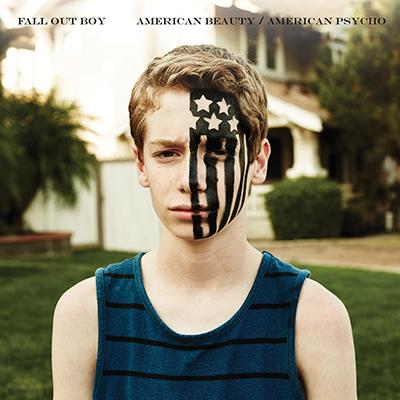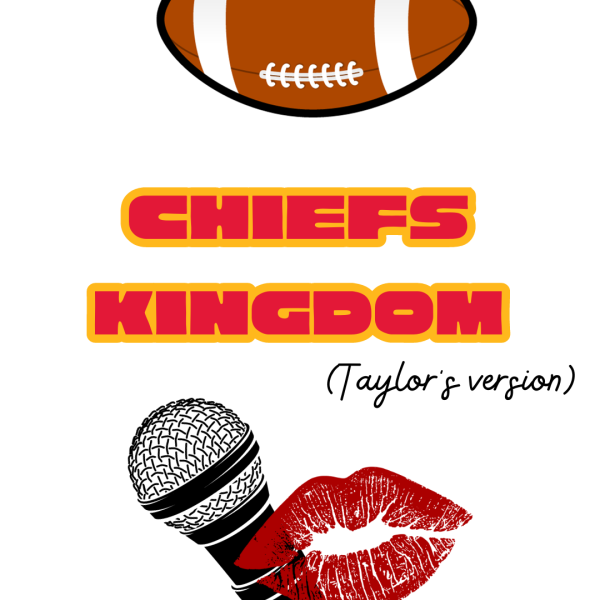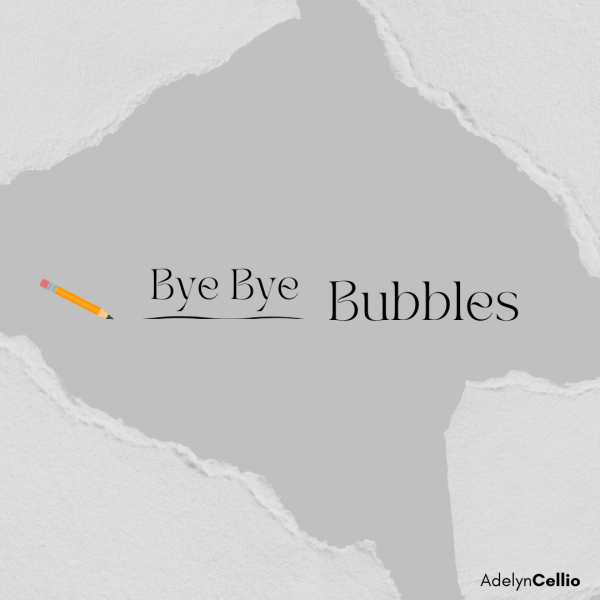American Beauty/American Psycho displays musical maturity and strong pop influences

It’s been 10 years since Fall Out Boy stepped into the musical mainstream with their album From Under the Cork Tree, and on Jan. 20, 2015, the band proved that, though their sound has changed, the quality of their music has not.
American Beauty/American Psycho (AB/AP) is Fall Out Boy’s sixth studio album, and, as of Jan. 28, stands as the band’s third album to reach No. 1 on the Billboard 200 chart. The album, with its catchy hooks and dance-worthy beats, is a logical step forward from the band’s 2013 album, Save Rock and Roll (SRAR) and proves that the band is just beginning a new era in their music.
The first single, “Centuries,” set the tone for the album when it was released back in October and foreshadowed the use of sampling from other artists to create unique tracks, such as the album’s fifth track, “Uma Thurman,” which borrowed from the Munsters theme song.
Though these tracks may sound unlike anything else Fall Out Boy has produced before, there are still plenty of instances on the album that pay tribute to songs that long-time fans know and love. With it’s soaring high notes, “Novocaine” could easily pass as this album’s “The Phoenix,” a fitting comparison considering the fact that, as singer Patrick Stump and bassist/lyricist Pete Wentz stated in a recent interview, the song was originally pitched for SRAR.
For fans who especially love Wentz’s emotionally packed lyrics, AB/AP certainly throws a few sentimental punches as well. “Jet Pack Blues” and “The Kids Aren’t Alright” brought tears to my eyes during my first listen, and even the deceptively upbeat sounding “Favorite Record” has some perfectly nostalgic underscores that are likely to pull on a few heartstrings.
One complaint that listeners might have is that, unlike previous albums, the pop influence on AB/AP is very clear, even more so than on SRAR. By no means, however, does this mean that the band has taken a step backwards. AB/AP shows impressive amounts of maturity, especially in comparison to the angsty (but enjoyable) state the band was in a decade ago.
Overall, this is an album worth checking out if you haven’t already. Whether you’re a long term fan or just listening in, AB/AP presents a commanding sound that, as suggested by “Centuries,” will go down in history.

Lauren Stone is a second-year staffer on The Standard. Last year she was the Special Sections Editor, but she is now one of two design coaches because...
















